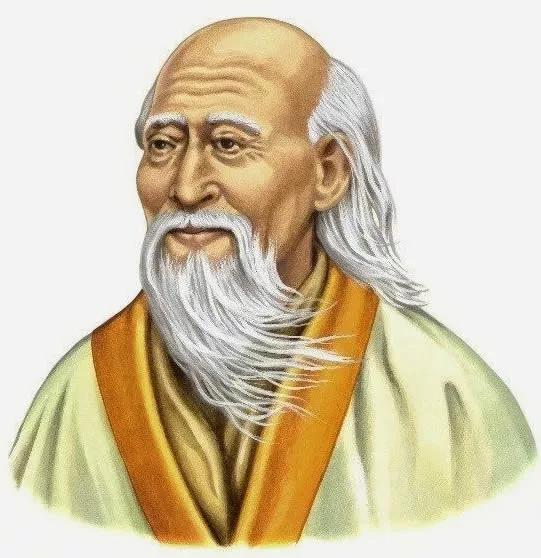
WORDS are more than just sounds strung together; they are the architects of our reality. They shape how we perceive ourselves, how we relate to others and how we interact with the world.
The thoughts we entertain silently become the language we speak aloud and that language ultimately moulds our lives.
Thinking itself is a silent conversation. Every word we speak aloud begins as a stream of inner dialogue, a thought.
In this way, we are always in conversation, even in silence. As ancient Chinese philosopher Lao Tzu said, “Watch your thoughts, they become words; watch your words, they become actions.” This process is not abstract; it’s tangible. Words give form to the formless.
Many of our deepest wounds can be traced back to something someone said, a careless comment, a harsh judgement, or an unkind assumption.
Conversely, some of our strongest memories are tied to words of encouragement, love or hope. “Kind words can be short and easy to speak, but their echoes are truly endless,” Mother Teresa once said.
The way we speak to ourselves matters. If you constantly declare yourself lacking, unworthy or incapable, the world has no choice but to mirror that belief.
Our words are not passive; they are active forces. To say, “I am lost” or “I am broken” is to carve out an identity.
- Making lethal molecules
- Only PhD holders should lecture at university
- The Passover
- Zim education strives for inclusion: How the philosophy of ubuntu can help
Keep Reading
But language also gives us the power to shift. Instead of saying, “Why can’t I?” consider saying, “I am learning,” “I am growing,” or “I am capable.” These subtle shifts aren’t empty affirmations; they rewire the mind.
Reality, too, is not one-size-fits-all. While we all live in the same world, we perceive it through individual lenses.
It's easy to think others live in our world, our version of events, our perspectives, our values, but the truth is, each person carries their internal reality, largely shaped by the words and meanings they assign to things.
This is why perspective is everything. A philosophy of relativity suggests that there’s no absolute standard of great or small, right or wrong.
What seems trivial to one may be monumental to another. As one ancient thinker said, “Small things are as big as big things can be and big things are as small as small things can be.” The only true measure is the meaning we assign to things and we assign that meaning through language.
A person of character, therefore, acts with courage and clarity. He does not waver based on praise or blame, right or wrong, as defined by the crowd. “The notions of right and wrong, and the praise and blame of others do not disturb him,” because his inner voice is grounded. On the other hand, the hypocrite parrots whatever the world deems right, losing themselves in the noise of external approval.
The true self either is known, or it isn’t. If you feel split, fragmented or unsure, it is often because the language of your inner world and the language you use aloud conflict. Harmony begins when our inner truth finds a voice. “Speak into what will be, before it is,” because words are not just reflections, they are creations.
Words can be tools or weapons. They can build, uplift and guide or they can wound, diminish and destroy. The choice is ours.
So if you seek change, don’t look to the world. Listen to the echo of your voice. That is where transformation begins.










